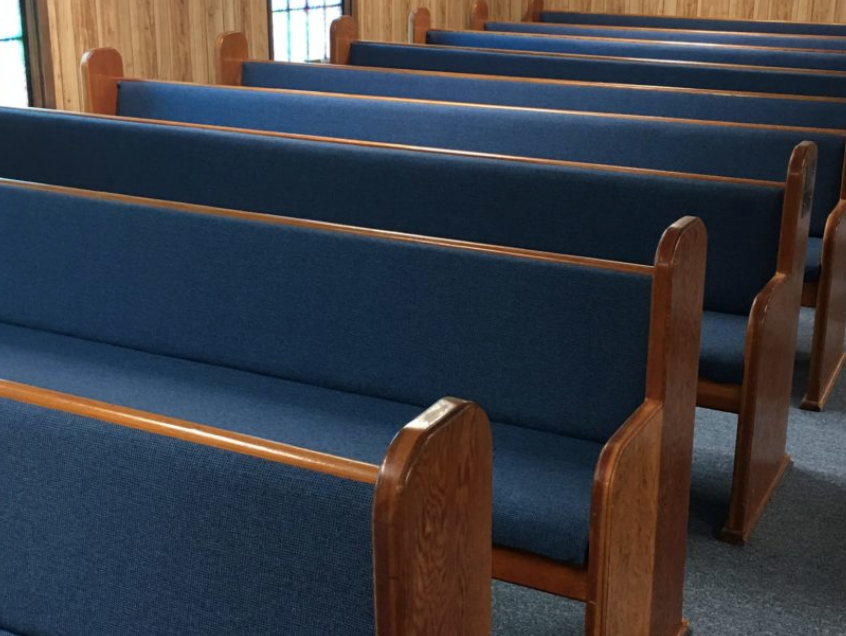Never assume that America’s third parties don’t matter. Especially in a topsy-turvy political season like this one.
After all, some figure that Jill Stein’s 1% in three swing states produced Donald Trump’s 2016 victory, or that Ralph Nader’s 1.6% in Florida elected Bush 43 in 2000, or that Ross Perot’s 19% elected Clinton over incumbent Bush 41 in 1992.
More obviously, Republican rebel Theodore Roosevelt’s 27.4% meant Wilson beat incumbent Taft in 1912. The newborn Republicans were kind of a third party in the crucial 1860 election when Abraham Lincoln managed to win the White House with only 39.9%.
Last week, a CNN poll showed this current four-way split for 2024: Trump 41%, Biden 35%, Robert Kennedy Jr. 16%, and Cornel West 4%.
Might the two independents determine which of the other two wins? Also, Stein is back in it now that West has quit his Green Party flirtation. Who knows what Sen. Joe Manchin or his No Labels pals will do?
America’s painful, binary voting-booth vise is clearly under attack.
The Guy puts the focus on West, a rich topic for coverage as a celebrity of the Religious Left due to multi-media activities. West suddenly becomes more significant with the Hamas terrorists’ slaughter of civilians and Israel’s furious military response in Gaza, where civilians are trapped next to, or above, Hamas military outposts.
West’s campaign will presumably help focus sympathy for the Palestinian cause among fellow Black and liberal Protestants — even as some other Americans’ anti-Israel stance turns to antisemitism.




